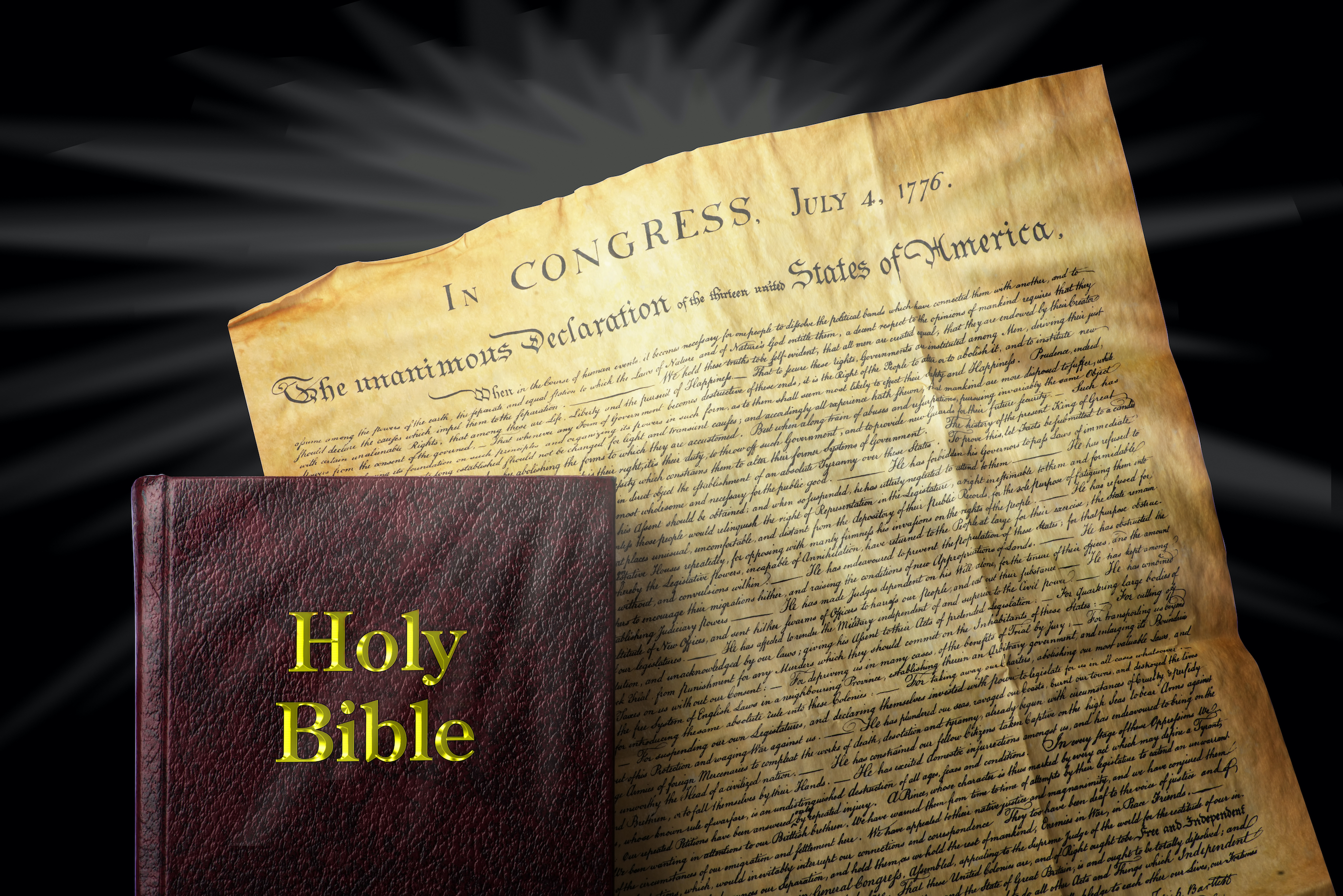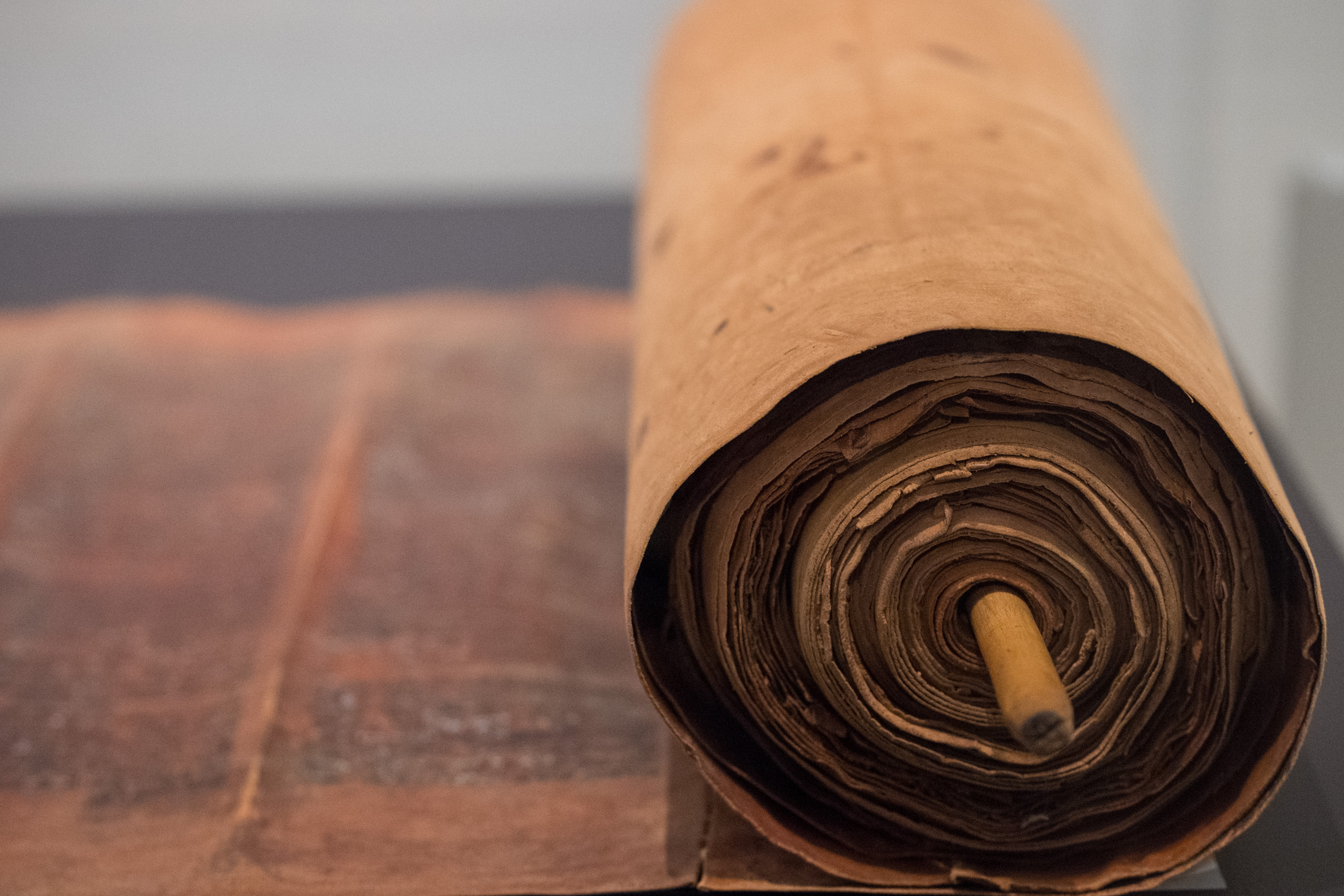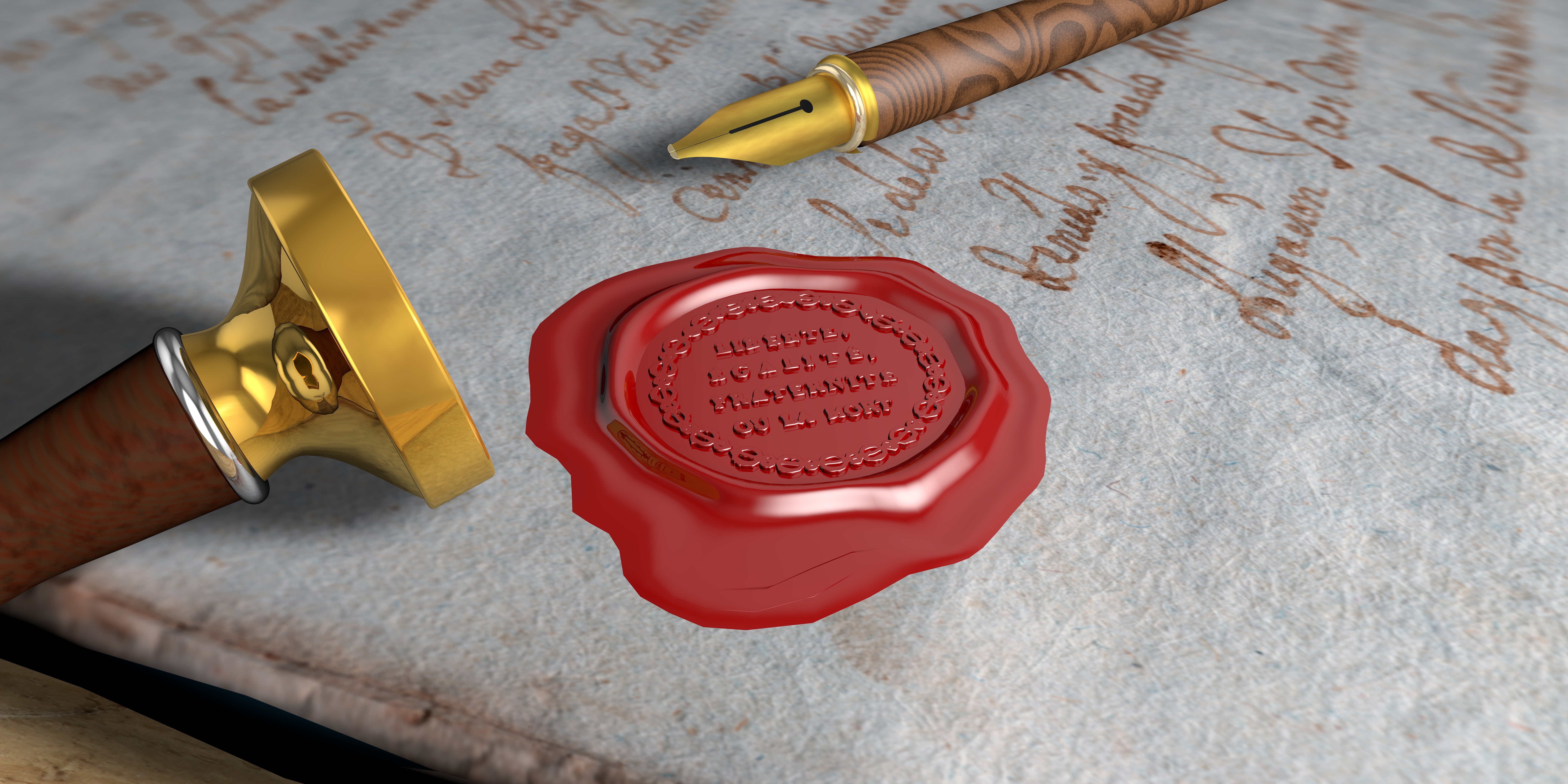Human rights are those entitlements that we take for ourselves to have in virtue of our humanity. These are the entitlements we have, like the freedom to speak or a right to bodily integrity from torture, or possibly some economic entitlements. The answer to where human rights come from is not historical; the idea of human rights is that they apply to all humans everywhere and always. When philosophers began in the Western tradition to think about where human rights come from, they ascribed them to the divine or to nature. A good example is in the American Declaration of Independence from 1776, when its author, Thomas Jefferson, referred to unalienable rights and said that they come to us from nature or nature’s God, which is an interesting ambivalence. I am not fully clear whether he was saying we get them because of some natural facts about ourselves or because God made us to have those facts.
The human rights journey, from moral philosophy to the political forum
Chancellor Kent Professor of Law and History, Yale University
- Philosophers first ascribed human rights as a gift from God. Everyone was entitled to them, by virtue of being human.
- Thomas Hobbes was the first thinker to introduce the concept of human rights as we know them: as protection against oppressive institutions.
- In the face of revolution, the first civil rights movements were made up of the entitled classes and the aristocracy.
Rights that apply to all of us

Photo by W.Scott McGill
The history of ideas and institutions
The trouble with these answers, God and nature, is that most of the people over the centuries and millennia who have appealed to the divine or to natural law as the source of social norms have been incredibly coercive and oppressive in the values that they’ve said God has for the world, or that nature builds into our humanity. The puzzle is: how did it become possible for humans to think that a god or nature gives us rights that provide some immunities, not just from the state, which is increasingly powerful over the course of human experience, but also from potentially oppressive moral communities like religious communities? That’s a puzzle that can only be solved by turning to the history of ideas and institutions that allowed people to think at some point in history that they have basic human rights, the ones that we often cherish today.
From moral philosophy to the political forum
The origins of human rights really must start with a history of moral philosophy, when it became possible for certain thinkers in the Western tradition to say that everywhere and always individuals in virtue of their humanity have some set of basic entitlements. Historians have argued a lot when exactly the moment was that any philosopher said such a thing, long before the idea of human rights became politically explosive or emancipatory. My own view is that the early modern period as historians call it, which is roughly the period in between the Renaissance and Reformation and the American and French revolutions, so the 1500s to the 1800s, is really pivotal, mainly because that’s the point at which you get a new kind of state.
Probably the first natural rights thinker who says in a book that individuals have inalienable rights is Thomas Hobbes, an Englishman, and his goal is actually to make the state more powerful. For Hobbes, there’s a state of nature and individuals have rights in it, at least the right to try to remain alive in conditions of anarchy and war. The individual and those dire straits can give away most of that right to a Leviathan state that will hopefully provide protection. The inalienable part for Hobbes is that the sovereign can never take away your right to flee from his authority if push comes to shove.
What we can say historically is that there’s a very interesting analogy that such figures, Hobbes and his great successor John Locke, draw in saying that individuals in this state of nature are like the new states of the post-Renaissance era in their own international relations. Maybe the whole idea of the individual with rights that he has in virtue of his humanity is based on the appearance of this new, very powerful state. Even then, the idea of natural rights didn’t have a big impact on political life for two reasons. One is simply that it was so threadbare. Hobbes gives you a right to life and the right to run from the sovereign. Locke gives you a little bit more: the right to private property before the state. Otherwise, we’re awaiting a time when individuals in the 18th century leading up to the American and French revolutions take this idea of rights and make it politically explosive. So, the second major development is that they move the notion of human rights from moral philosophy into the central political forum of their times, which is whether their state should survive in the same way.
The Hebrew Bible has no word for “right”

Photo by Anfrea Izzotti
Whether human rights owe a debt to religious traditions is a heatedly debated topic. Many people will want to look back not just to earlier philosophy, like the philosophy of Greece and Rome, but also to a Jewish or Christian precept; and often we’re told about Genesis 1:26 and 1:27, which says that Adam is made in the image and likeness of the divine, and on that basis, humans have a kind of ineffable dignity. The fascinating truth is that the Hebrew Bible not only doesn’t contain the word “right”, it also doesn’t contain the word “nature”. So, it’s very hard to extrapolate from the Bible in general, including the Christian gospels, any notion that individuals by virtue of their humanity, though they may be dignified and equal in God’s sight, have these entitlements against not just the state, but moral communities, including religious communities. So, I believe we have to look later.
The Protestant Reformation
A more plausible candidate for thinking about religious legacies could be the Protestant Reformation, whose main significance in Western intellectual history is to shatter the authority of the universal church – what we now have as the Roman Catholic Church – and individualised authority in general. The Reformation’s famous slogans are about reading the Bible on one’s own – having faith in an unmediated way that doesn’t require the intercession of priests or even churches. It’s been argued that without that shattering event, we couldn’t have the kinds of individuals, on their own, who can then think of themselves as rights bearers. However, the founders of the Reformation, like Martin Luther, by no means attributed moral rights to individuals that they could claim against states or communities. On the contrary, the founders of the Reformation were ones who wanted most of all human beings to be prostrate before God and small rather than big. So, my sense is that it was really much more the new political environment to which the Reformation helped give rise, of new kinds of states that precipitated this notion: individuals are free standing and have rights in a state of nature.
Rich white males
I think that in the early days, and especially as the new kings of these powerful states, absolute monarchs, began to face resistance from their own aristocrats and gentry, the idea of human rights could be pressed into service as a way of eroding the authority of kings and establishing some kinds of entitlements and regularity within monarchies of that era. The maybe deplorable fact in retrospect is that our rights, the first rights movement, our human rights movement, ends up being an aristocratic movement that cites the idea sometimes of natural rights – the rights that humans hold in virtue of their humanity – but is actually restricted in its claimants to the richest white males in selected societies; those people make up the first rights movement. Their goal is really just to soften the monarchies in which they live and to give themselves more regularity; they invented it like the rule of law, and they want to impose constraints on the arbitrary and despotic authority of the king.
Droits de l’homme

Photo by Angel Soller Gollonet
What gets interesting is that as the 18th century passes, more and more people, including newly rich middle-class members, begin to see the idea of natural rights, or the rights of man, as they start to be called in the French language – droits de l’homme – a way of eking out new entitlements for themselves. Yet, amazingly, for the longest time, even this larger group of white males don't dream of overcoming old authority structures. Americans, as we now call them, were happily British subjects until the crisis of the 1770s, and even when Frenchmen overthrow their monarch, it’s really for the sake of a constitutional monarchy and the early days of the French Revolution. So, what we see is that there begin to be some protections for individuals that the idea of human rights helps justify, but their political transformation that they usher in is at first surprisingly limited.
Incidental to a political process
Whether human rights is a Western invention is once again a hotly disputed topic. I think it was. That’s not to say that certain ideas and practices of Western vintage can’t resonate in other traditions. For example, it’s completely true that ideas of toleration and even practices of religious toleration have been found in many pre-modern societies around the world. It’s also true that to say that there’s a Western intellectual and political history that brought human rights to the world is not to imply that the ideas themselves are Western in content, any more than the fact that a Swiss Jew discovered the theory of relativity means that it’s a Western idea. My own view is that human rights should be seen as incidental to a political modernisation process. What’s significant about them in the story I’ve been telling is that in the era leading up to the Atlantic revolutions, the American and the French, the ideas that justify those events are said to apply to everyone, always and everywhere; but in fact, they presuppose the coming of political modernity. Of course, political modernity could come in many other places and would do so. The trouble is that it so often came to the world thanks to European empires and global rulership.
Discover more about
The origin of human rights
Moyn, S. (2017). Human Rights and the Uses of History: Expanded Second Edition. Penguin Random House.
Moyn, S. (2015). Christian Human Rights. University of Pennsylvania Press.